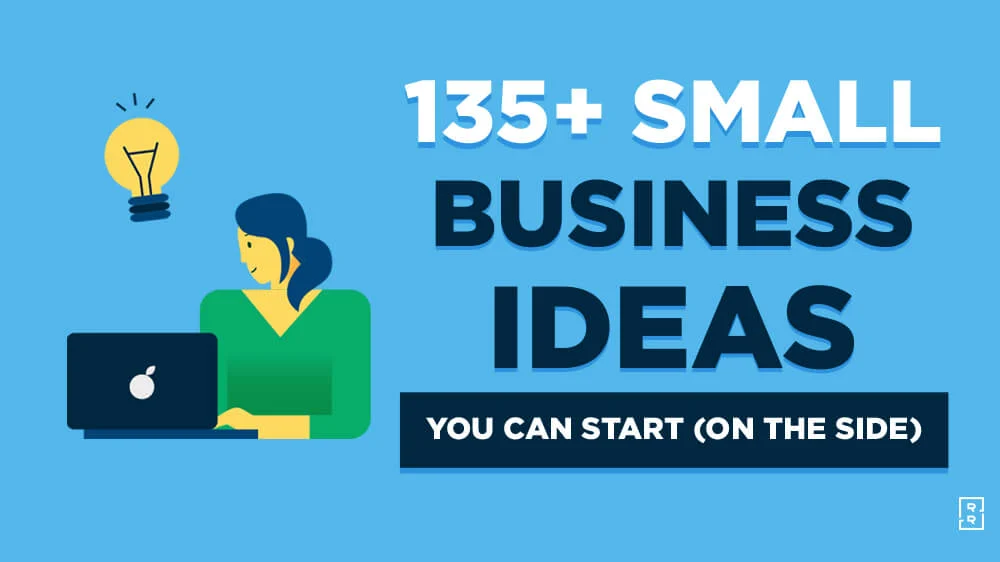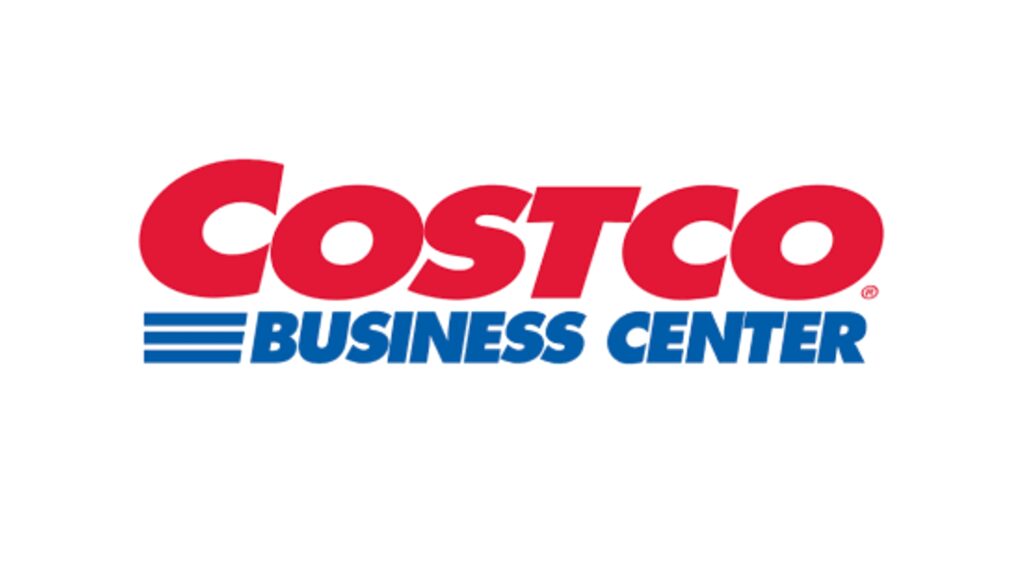Is A Small Business Loan Installment Or Revolving: 🌟 So, you’ve decided to take the plunge and expand your small business. Congratulations! But now you face the daunting task of choosing the right type of loan to fund your dreams. Should you go for an installment loan or a revolving one? Let’s break it down in a way that even your grandma would understand (well, almost).

The Tale of Two Loans
Installment Loans: The Lump-Sum Heroes
Installment loans are like that giant pizza you order for a family dinner. You get it all at once, and you pay for it slice by slice, or in this case, month by month. Here’s the scoop:
- You borrow a chunk of cash (let’s say $25,000) at a certain interest rate (say 9%).
- Then, over the next few years, you pay it back in fixed monthly installments.
- Each payment chips away at your principal amount and covers some interest.
Let’s say you take out that $25,000 installment loan. After five years, you’ve not only wiped out the debt but also paid around $6,137.53 in interest. Ouch!
When Should You Consider an Installment Loan?
- Specific Needs: If you’ve got a clear plan, like buying a fancy espresso machine for your café or funding a project with a known cost, an installment loan’s lump sum could be your go-to.
- Long-Haul Plans: They often come with extended repayment periods, which can be great if you want smaller monthly payments. Just remember, more time equals more interest.
- Steady Income: If your business has a reliable cash flow, these fixed, monthly payments are like clockwork.
- Strong Business: Got good credit and a well-established business? You might score a competitive interest rate on an installment loan.
Revolving Loans: The Flexible Sidekick
Revolving loans are more like a credit card for your business. You’ve got a credit limit, and you can borrow money as needed. The key points:
- You can withdraw, repay, and re-borrow within your credit limit.
- You only pay interest on the amount you borrow, not the whole credit limit.
- Some have a “draw period” for borrowing, followed by a “repayment period.”
For instance, you get a $25,000 credit line. If you take out $10,000, you’ll make payments on that $10,000, plus any accrued interest. But you won’t touch the remaining $15,000 unless you need it.
When to Call in the Revolving Loan?
- Flexibility Matters: If your financing needs vary, a revolving line of credit lets you dip in when necessary. No unnecessary interest charges here!
- Short-Term Boost: It’s your financial safety net for unexpected expenses or a cash flow hiccup.
- Uneven Income: Seasonal businesses often use these to cover income fluctuations.
- Credit Card Perks: Business credit cards can come with sweet rewards, like cashback or travel miles. Just beware of those sneaky high APRs.
Installment Loans vs. Revolving Credit
Both of these financial superheroes have their unique strengths. 🦸♂️🦸♀️
So, Which One’s Your Sidekick?
Whether you need an installment or revolving loan depends on your business’s unique needs:
- Installment Loan: Go for this if you’re after a set amount with predictable monthly payments over a long time. Ideal for established businesses with steady revenue and strong credit scores.
- Revolving Line of Credit: Call on this one if your business needs flexible, short-term financing. It’s the lifesaver for unexpected expenses or those tricky slow seasons.
Remember, don’t rush into things. Shop around, find those sweet low interest rates, and read the fine print on your loan agreement. Keep an eye out for any sneaky origination or administrative fees that could sneak up on you. 🧐
Conclusion
In the epic battle of installment vs. revolving loans, there’s no one-size-fits-all answer. Your choice should dance to the rhythm of your business’s needs. Now go forth, make an informed decision, and watch your small business thrive!
🚀 Still have questions? Check out these FAQs:
Q1: Are there any loan options that combine both installment and revolving features? A1: Yes, some lenders offer hybrid loans that mix the best of both worlds. It’s like having a pizza with all your favorite toppings!
Q2: What’s the biggest mistake I can make when taking out a business loan?
A2: Rushing in without understanding the terms and fees. It’s like diving into a pool without checking if there’s water!
Q3: Can I switch from one type of loan to another if my business needs change?
A3: It’s possible, but it might come with its own set of challenges. Think of it as changing the course of a ship mid-voyage.
Q4: How can I improve my credit score to qualify for better loan rates?
A4: Pay your bills on time, reduce credit card balances, and avoid opening too many new credit accounts. Your credit score will thank you!
Q5: Is it a good idea to get a loan for a startup business?
A5: It can be tough, but not impossible. Just be cautious, and have a solid business plan in place.
Remember, financial decisions should never be taken lightly. Now, go forth and conquer your small business dreams! 💪


